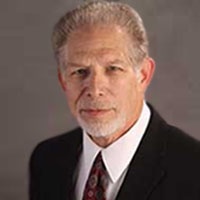Isle La Motte Juvenile Law Lawyer, Vermont
Not enough matches for Isle La Motte Juvenile Law lawyer.
Below are all Isle La Motte Criminal lawyers.
Kenneth L. Geduldig
✓ VERIFIEDCriminal, Divorce & Family Law, Estate, Real Estate, Personal Injury
Kenneth Geduldig proudly serves Burlington, Vermont and the neighboring communities in the areas of criminal defense, divorce & family, estate, real e... (more)
Robert Henry Backus
Traffic, Divorce & Family Law, Criminal, Collection
Status: In Good Standing Licensed: 16 Years
Jacob S. Oblak
Divorce & Family Law, Criminal, Civil & Human Rights, DUI-DWI
Status: In Good Standing
Corey Fitzpatrick Wood
Workers' Compensation, Personal Injury, Family Law, Juvenile Law
Status: Inactive Licensed: 18 Years


